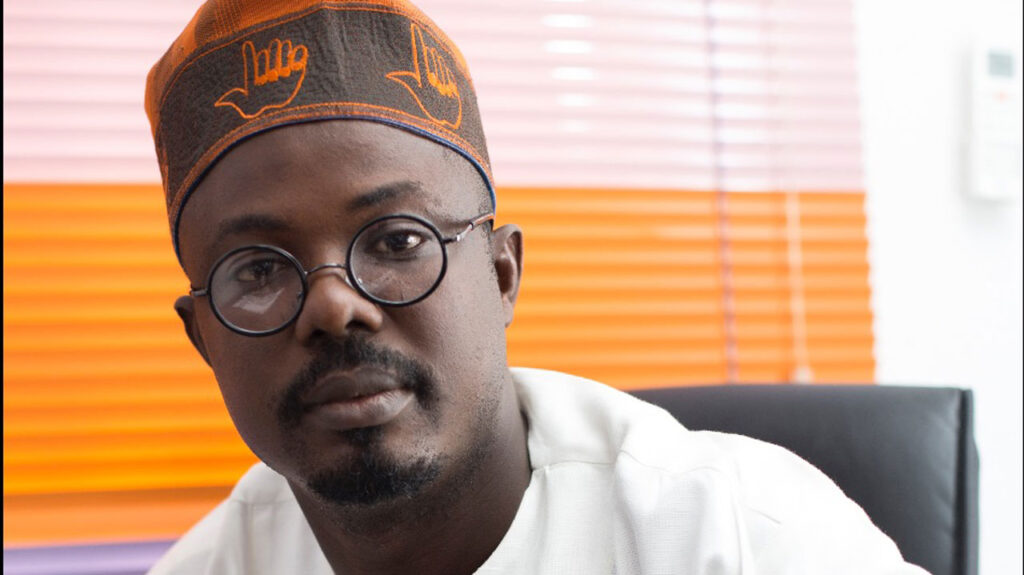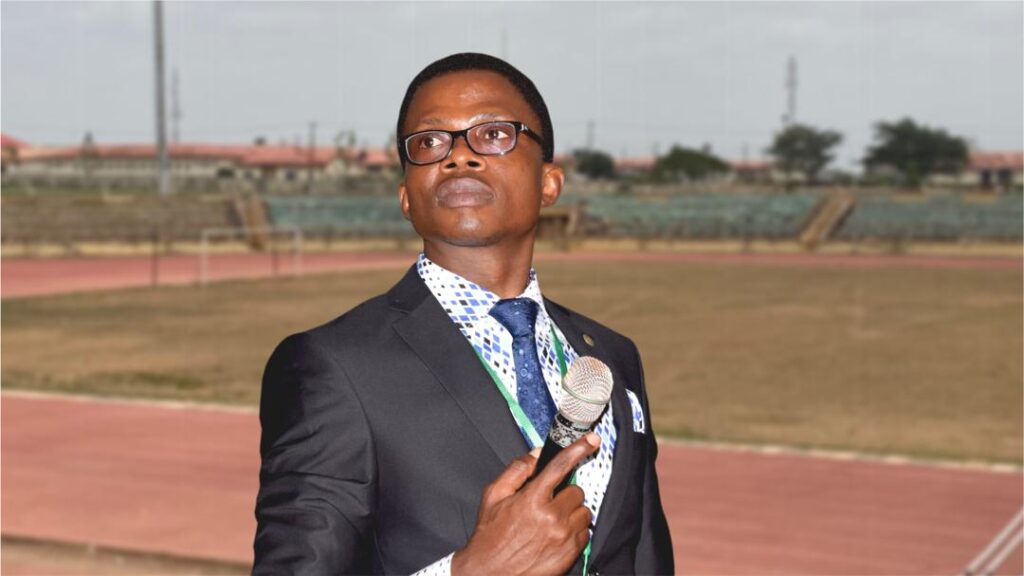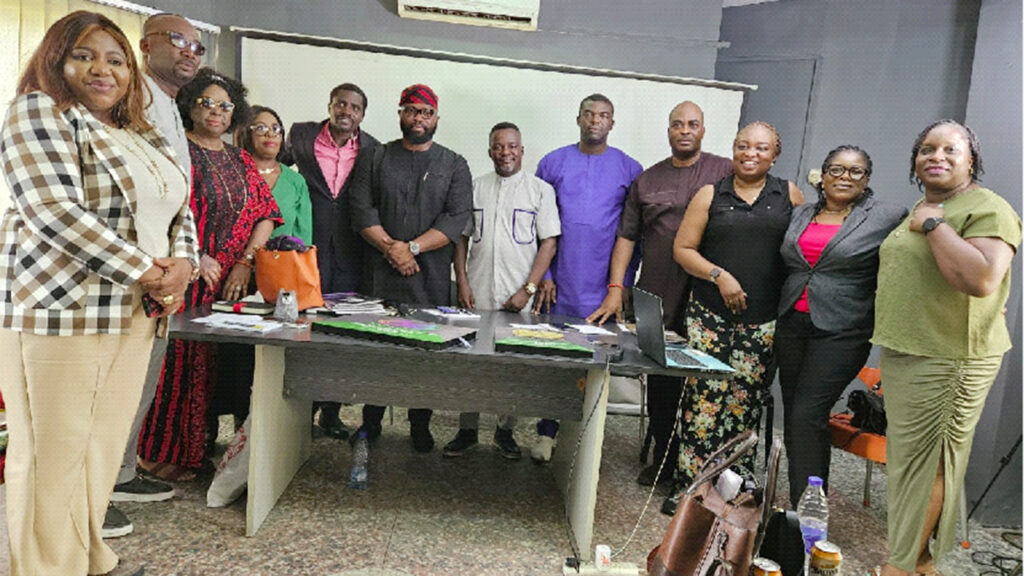
Tunde Eso, President of Fix Nigeria Group, a pan-Nigerian movement aimed at awakening the consciousness of progressive- minded Nigerians, originator of Youthocracy, public relations specialist and managing consultant of Professional School of Public Relations (PSPR) and Human Resources, spoke to DANIEL ANAZIA on a range of issues, including his ambition to run for the Presidency in 2023.
You started the not-too young-to- run campaign, what led to this?
I was motivated by God’s vision to make Nigeria the mother of all nations 24 years ago and I moved from one state to another to preach ‘Youthocracy’, the new system of government that I coined in 2013 and published in my book, Vision for Africa. ‘Youthocracy’ is the government of the people, by the youth and for the people.
Nigeria deserves a young, visionary leader, with a view to providing equal opportunities for all. It needs a leader who believes in youth empowerment, good welfare package for civil servants, students, women, men, traditional rulers, elder citizens, industrial growth, electricity and security.
It requires someone that will transform Nigeria from a civil service country to an industrial economy that generates employment for its people. Nigeria deserves a humanitarian, compassionate, young and visionary leader in the next political dispensation, who will be fully committed to creating an enabling environment for business growth and social integration. Nigeria deserves a president who will inject new ideas into governance.
You are looking forward to a shot at the presidency in 2023, how focused are you on this?
Concerned Nigerian youths are tired of being tagged ‘leaders of tomorrow,’ because tomorrow is unending. We are keen to be ‘leaders of today’. It then becomes imperative to place matters into proper perspective.
In today’s Nigeria, we are faced with stark realities that whenever the economic importance of Nigeria is recounted, crude oil, natural gas and solid minerals are chiefly presented as signifying Nigeria’s wealth. Yet, the true wealth of Nigeria resides in the youth. If youths were given the chance to participate, it would put them at a more strategic resource advantage.
What is your take on the recycling of the ‘old brigade’ in the polity?
There is a significant dimension of the leadership predicament in Nigeria, which bears critical scrutiny as regards the intimate connection between youth development and national development.
One side to this disconnection is that Nigeria’s post-colonial leadership has consistently been made up of old men and women, who have weakly supervised the alarming, massive disenfranchisement and unemployment of the Nigerian youth to a further extent.
Truth be told, the country is being confronted with the diversion of youth from their moral responsibilities and leadership destiny as a result of unending and rampant centrifugal forces throwing tantrums via religious fundamentalism, tribal and ethnic sentiments, political jingoism and economic instability.
This is a country that undisputedly and urgently needs a creative rethinking of its development dynamics in a manner that recognises the tangible and imperative injection of a pragmatic policy framework that will invest heavily in the youth, not only as of the basis of the required human capital development, but also as a pool for leadership regeneration.
For Nigeria to reach its peak, we need the experience of the old and the innovative mindset of the young.
You have stated the need for new ideas in governance. Do you see this as a panacea to the leadership challenges being experienced in the country?
Yes, and that was why I coined ‘Youthocracy’ in 2013. Someone once said, ‘you can’t continue to do the same thing and expect different results.’ That is impossible; it is not rocket science. You can only expect different results when you alternate your path in doing things.
Those at the helm of affairs have failed a sizable fraction of Nigerians. They hear nothing, they see nothing and they feel nothing. But they are quick to plunge the country into debt with inadequate policies and without recourse to discourse.
Poor leadership is a disaster to any society, and Nigeria is one. Most of the gerontocrats that own companies would advertise that they need youths between age 30 and 45 to be their company managers, so they can innovate new ideas for the company’s growth. Yet, they refused such youths to run the country. Enough is enough.
The recent mass protest by youths in the country elicited some reactions. What is your take?
In politics, nothing happens by chance, but by choice. You could easily tell that the protest was traceable to the breakdown in governance and its impacts on the administration, politics and policies.
The average Nigerian youth is tired of the anomalies being exhibited by those at the helm of affairs, which in turn lead to the recent mass protest with the #EndSARS mantra. That mantra was only used as a tool in championing and venting our collective frustration on the government of the day. But it all goes beyond that. The narrative must be changed.
You started a new project, Professional School of Public Relations (PSPR). What informed its establishment?
Professional School of Public Relations (PSPR) is an educational, management and professional body designed for those desirous of becoming professionals in public relations practice.
We stand as a symbol of information, leadership and transformation to every society. We have the vision to develop five billion public relations professionals in the world.
The essence of its establishment is because it has been in existence before the creation of man. The naming of every creation of God was done through the spoken word, which is basically a broadcast of information.
This presumes that any business that will grow or make profit must adopt the principles of the word. The idea behind our training goes beyond dissemination of information; it is to awaken the consciousness of participants to take up leadership positions, create new ideas and ideals at solving problems of global poverty.
There are various public relations training and certificate-awarding bodies. What is PSPR offering that is different from these existing bodies?
In today’s fast growing business world, the need for successful public relations professionals has become a necessity, because the growth and development of any business depends on the level of exposure of key managerial indices available to the business.
Public relation is the medium through which an organisation is exposed to the public or targeted clientele to meet set objectives.
PSPR worksheet has been developed to professionalise the art and science of public relations, including to promote leadership, efficacy, transparency, efficiency and effectiveness, accountability, privatisation, market principles, government relations and customer satisfaction in the public realm.
Also, our focus is to serve as source of information and guidelines for participants in public domain, educate participants on the techniques required to be successful leaders and business managers, promote business and professionalism ethics, integrate culture with modernisation, while also educating and promoting public etiquette, conduct and approach to public relations issues, help participants on how to report, where, when and who in society, as well as seek internal and external relationship between states and other levels of governance.
The training approach is interactive and engaging. We are confident that when participants adopt the highlights in the worksheets, becoming a professional public relations manager or consultant would be a lot easier.
We are also different because some of our modules for training take into consideration, current century solutions for growth. Our facilitators are seasoned professionals and trainers in the fields of management and public relations.
Participants who have undergone our training have attested to the high quality of our seminars and training programmes, in terms of quality of content, and we have enjoyed several referrals from those who have had the opportunity of attending such programmes.
How can one participate in the training? What is the duration and who is qualified to participate?
Public relation is a field whose technologies everyone should have a clear understanding of to grow fast in life. Therefore, it is open to every anybody, for instance, running existing business or anyone intending to start up a business as a public relations manager or consultant who possesses five credits at not more than two sittings in SSCE, NECO and GCE with at least four years working experience.
We also take OND and NCE, first degree and postgraduate degree holders with two years working experience can also apply.
Our duration of training vary because apart from secondary school graduates, we also train OND and NCE, first degree and postgraduate degree holders, workers, companies managers and staff.













